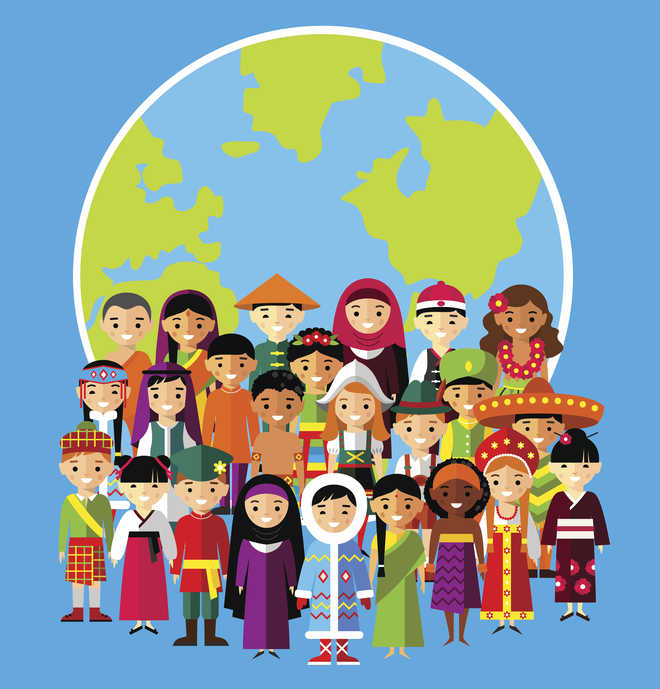
While most anthropologists work in colleges and universities and in research positions, a base of anthropology can give you the knowledge to apply an unbiased analysis of any given situation and take decisions with a human perspective.
As a result the study of anthropology can be applied to so many different job and career avenues. Graduates with an anthropology degree are well-suited for careers in fields of education, health care, museum curation, social work, international development, government, organisational psychology, non-profit organisation management, marketing, publishing, and forensic science.
Research
Various anthropological or archeological research organisations, including the Anthropological Survey of India, Public Health Organisations and Planning Commissions, Commission for Scheduled Castes and Tribes, Other Backward Classes Commission, Minorities Commission, as well as commissions for women issues, and other government departments offer opportunities for research and field work in the various aspects of Anthropology.
Non-Profit Organisations (NGOs)
Anthropologists in the social sector/NGOs help to design and implement a wide variety of programs for tribes and other backward communities. Many anthropologists work in local, community-based settings for non-profit agencies and also work for established organizations like WHO, UNICEF, UNESCO, etc. Medical organisations, including the Indian Council for Medical Research (ICMR), the World Health Organisation (WHO) and the institutes for immunology and health and family welfare and other such medical institutions, also employ anthropologists.
Anthropologists can also work in community health sectors, where they work as social scientists, dealing with the problems of public health, nutrition and diseases. They also offer advice to medical institutions on the various new medicines for checking epidemics and other important disease preventive actions.
Criminal Investigation Department
Forensic anthropologists work closely with the police department for investigating a crime. They use their knowledge of human osteology, ability to identify a physical characteristic of the victim (gender, age, stature, etc) and anatomy, to help medical examiners reconstruct the crime scene and identify the cause of death of the victim. Those possessing expertise in forensic science, are absorbed by the Indian Council for Medical Research, and the police department and various investigative organisations for purposes of crime detection.
Advertising and Market Research
Socio-cultural anthropologists are extensively involved in research and field work. They study the market place — how people live and what products do they use etc. Research plays a crucial role in business settings by casting a light on the likes and dislikes of the consumer preferences and help an organisation create better product and service experiences. Because of their expertise in the understanding of relations between industry and society, anthropologists with socio-cultural specialisations, can also join various companies, MNCs, and consumer product companies like Nokia, Motorola, Intel, Microsoft which employ trained anthropologists and human behaviour researchers to study potential customers and their requirements so that this knowledge can be translated into better designed products and services.
Education sector
After completing a master’s degree, there are openings in teaching in the departments of anthropology, at various colleges & universities. This would require the clearing the UGC-NET examination. The Anthropological Survey of India conducts fellowship programmes for carrying out research for young and promising scholars.
Art galleries, publishing houses, & museums
With their understanding of ethnography (people, their culture, custom, habits, etc) and multicultural study, anthropologists provide educational content to museums, publishing houses, and art galleries. They can also act as a critic with regard to histories, biographies, and another related form of content being displayed. Anthropologists who are employed in museums are usually involved in carrying out various field work projects, including excavations and exploration of pre-historic sites, and for the preservation, reconstruction and research on the anthropological collections that have been gathered for display in museums.



























